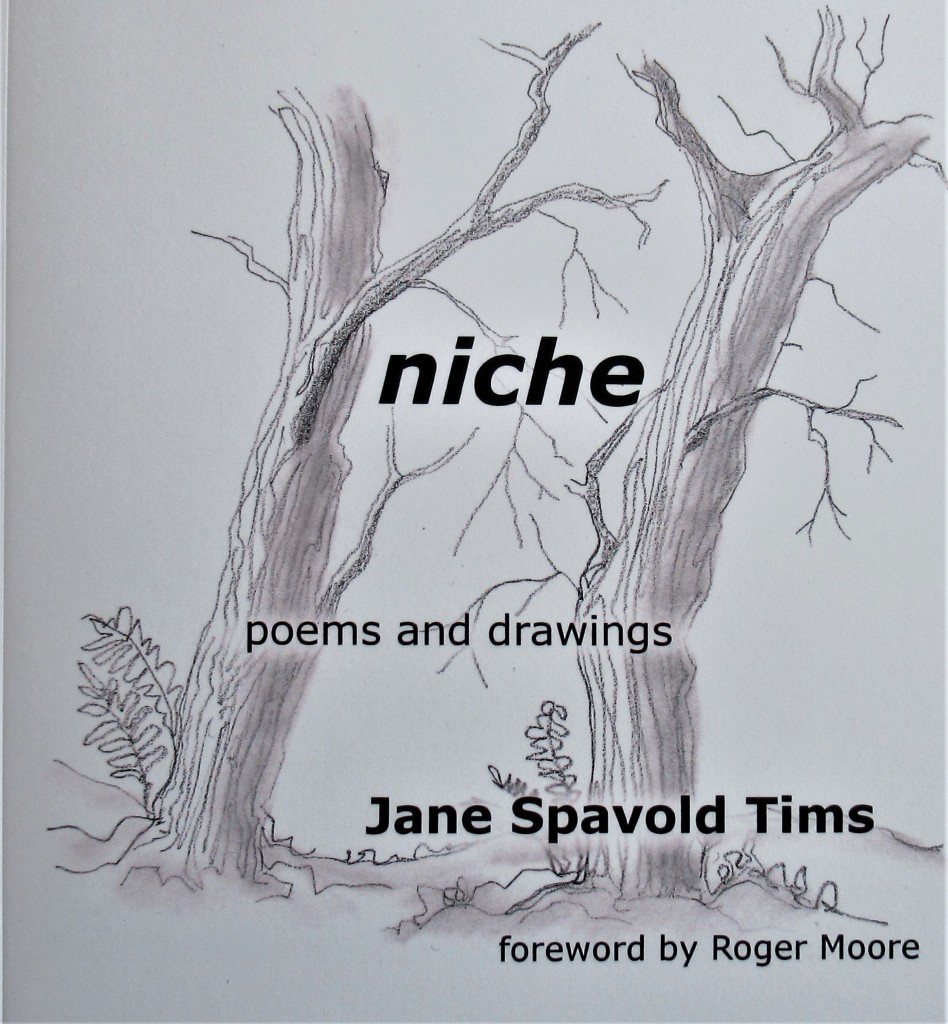Monet at Giverny
1
his lily pond
a mirror shattering
shards of clouds
flames beneath the lilies
fractured fish
2
the executioner stripes evening
across the sacrificed horizon
in blood we were born
in earth will we rest
our flesh turned to bread
empurpled this imperial wine
streaming with day’s death
these troubled waters
3
green footprints
the lily pads
a halo
this drowned man’s beard
liquescent
like the gods
he dreamed
he walked dry
on water
flowering goldfish
this thin line of cloud
4
maples flash ruby thoughts
ripples flowing outwards
as heavy as a stone at Stonehenge
this altar tumbling downwards
through a liquid sky
5
wisteria and his curly blue locks
Narcissus clad in an abyss of lilies
imperial his reflection and perilous
slowly he slides to sleep
merging into his imaged dream
a vaulted cathedral
his earthbound ribs
the blood space immaculate
6
night and day and sun and clouds
leapfrogging over water
something survives
sepia tints
dreaming on and on
exotic this sudden movement
Carassius auratus flowering
7
Clos Normand and the Grande Allée
closed to him now
folded his flowers
their petals tight at his nightfall
dark their colours
mourning for his mornings of light
fled far from him now
8
can we soften this sunstroke of brightness
le roi soleil threatening to blind us?
rey de oros
the sun glow braiding itself
an aureate palette
a susurration of leaves
9
the lady of the lake
holding out her hand
handing him an apple
l’offrande du Coeur
a scarlet heart of flame
monochromatic this island
brown earth in a crimson lake
the world reborn in tulips
10
Especially
when the dying sun
molten fire spreading
a limpid light
sky brimming over into pond
trapped in low clouds
a slash of colour here
and there a tree
a fountain of gold
the sun an apple
blushing
on a setting branch
11
silver-white the money plant
moonlight between fine-tuned fingers
its rattle of seeds
blunt the moon’s bite
raked from water
gaunt its gesture
twin ripples
face to face
with the moon
12
upside down these clouds
bright in their winter boats
the night wind blows
clean dry bones
across the sky
13
fish aloft like birds
skimming wet sunshine
spring’s first swallow
rising from the depths
to snatch a golden note
quivering in the air
14
thunder raises dark ripples
lightning a forked tongue
insinuated into paradise
an apple tossed away
caution thrown over the shoulder
as sharp as salt
15
winds of change
that first bite
too bitter to remember
16
timeless this tide
this ebb and flow
oh great pond-serpent
biting yourself
forever












